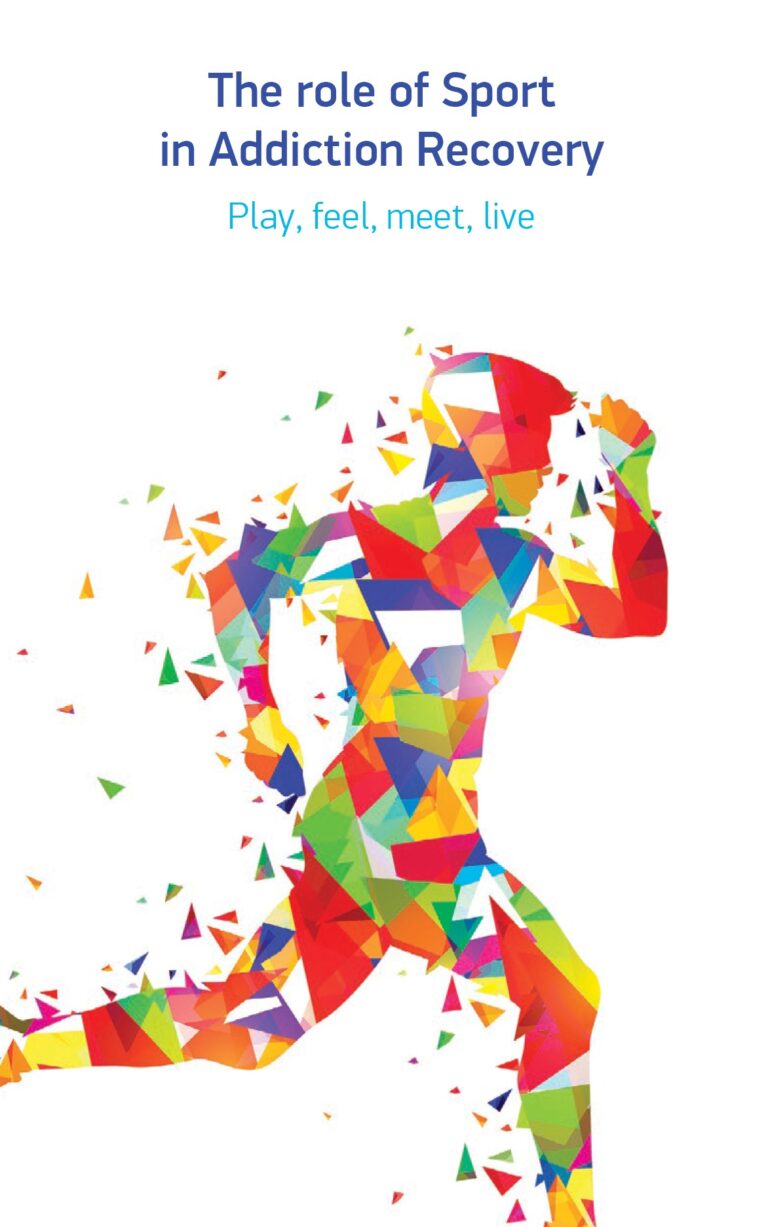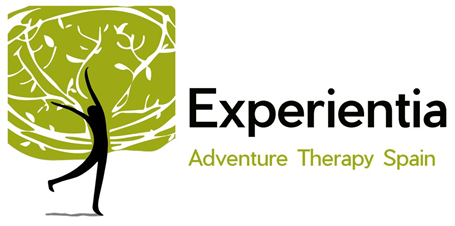What about sport and physical exercise in substance use disorder recovery?
Health professionals’ perceptions
Abstract
The study addressed professionals active in substance use disorders (SUD) recovery, with the aim of enhancing the promotion of exercise and sport interventions as part of their daily practice. The initial purpose of the study was to capture their perceptions about the connection between sports participation and SUD recovery, exploring their views on the relationship between sport and PA participation and the positive life skills development of people undergoing SUD recovery. Furthermore, the study explored the extent to which they possess the necessary knowledge, skills, resources, and commitment to design, implement, and evaluate exercise and sport interventions in SUD recovery. In this multi-method research approach study, 421 professionals from a total of 62 SUD treatment organizations, from 9 European countries, completed a self-report tool (Woodard et al., 2004), and also 26 interviews, and 4 focus groups (30 participants) were conducted based on an interview protocol. Data collection took place from September 2020 to May 2021. Quantitative and qualitative analysis showed that health professionals support the idea that sport and PE are safe and healthy environments for people with SUD, where they can improve various areas of their lives by adopting healthy behaviors. However, while they declare an understanding of the values of exercise and sports participation in SUD recovery, as well as high knowledge and commitment to the promotion of sport and PE interventions in the specific population, they also declare deficits in skills, and resources for sports program implementation.
Read the full study here
Perceptions of individuals undergoing SUD recovery. Life Skills Development
Abstract
It is well established that sport is a learning environment that provides favorable conditions for positive psychosocial development. The purpose of the study was to describe clients’ perceptions regarding the connection between sport and physical exercise (PE) participation and positive life skills development. In this mixed-method research approach study, 774 clients from a total of twenty-nine organizations, from nine European countries, completed self-report tools, nineteen interviews, and five focus groups (31 participants) were conducted. Data collection took place from September 2020 to May 2021. Quantitative and qualitative analysis revealed that skills of communication, time management, teamwork, and leadership were among the most frequent life skills identified by clients. Additionally, goal-setting skills are considered an important life skill to practice during sport practice, because it supports clients’ commitment to their therapeutic goals and their increased sense of control over the personal progress that is made based on their goals (sport and therapy-related). The results of the current study are promising, as they can contribute to the appropriate planning and promotion of sport and PE interventions, adapted to the development of life skills of individuals undergoing SUD treatment, contributing to their sustainable recovery.
Read the full study here
Perceptions of individuals undergoing SUD recovery. Barriers & Benefits
Abstract
The study was addressed to individuals undergoing SUD recovery (clients). The initial purpose of the study was to capture clients’ perceptions regarding the connection between sport and physical exercise (PE) participation and their SUD recovery outcomes. In addition, the study assessed clients’ perceived benefits and barriers to their participation in exercise and sports interventions as well as the perceived factors that are likely to prevent or encourage them to participate in similar interventions in the future. In this multi-method research approach study, 774 clients from a total of 29 organizations, from 9 European countries, completed self-report tools; also, 24 interviews and 6 focus groups (40 participants) were conducted. The duration of the research was from September 2020 to May 2021. Clients highlighted that the link between sport and PE participation contributed positively during the process of SUD recovery by helping them to improve their mental, emotional, social, and physical well-being. Clients also emphasized, among other things, that encouragement, motivation, and the availability of more free time can facilitate their participation in sport and PE in the future.
Read the full study here
Organizational Capacity of Sport
Abstract
Managers employed in SUD recovery centers from a variety of European countries (Greece,
Italy, and Spain among others) answered a translated version of the Organizational Capacity of
Sport & Exercise Promotion Assessment Tool and a demographic questionnaire that provided
information on the administrative structure of the communities (number of patients, number of
staff, facilities, etc.) The instrument used included items focusing on commitment, culture,
structure, resources, and sports guidelines implementation. Each item was further elaborated
by clarifying statements to ensure a shared understanding and asking for an agreement or
disagreement rating on a 5-Point Likert scale.
Read the full study here here












